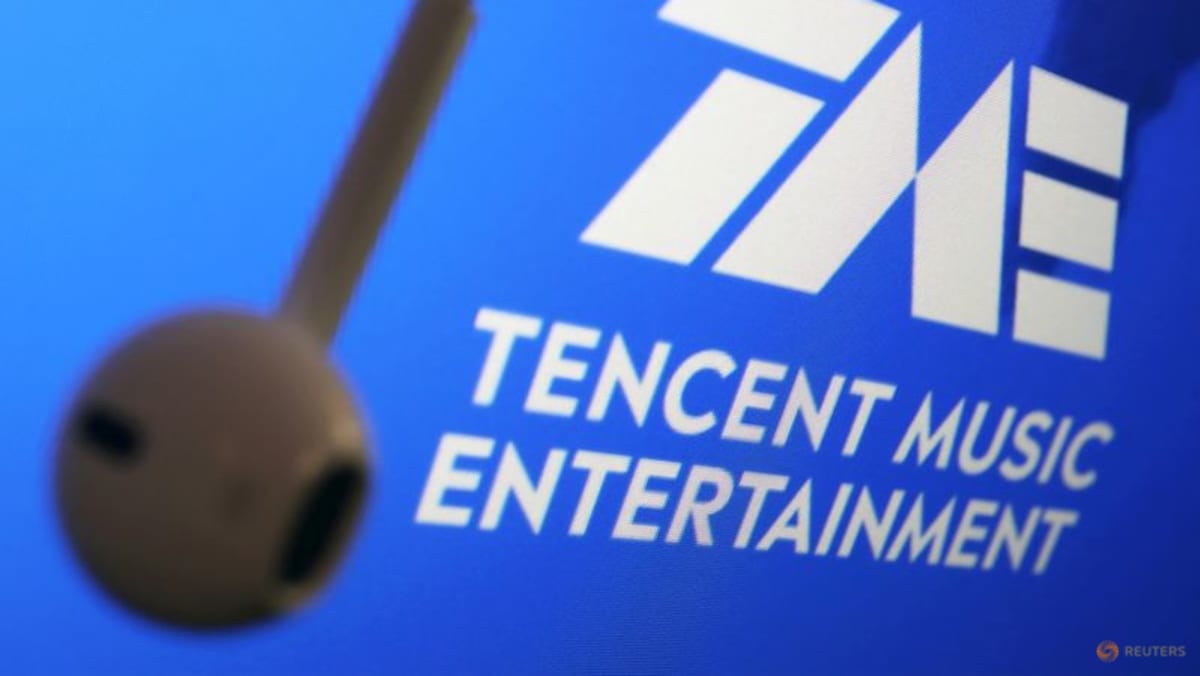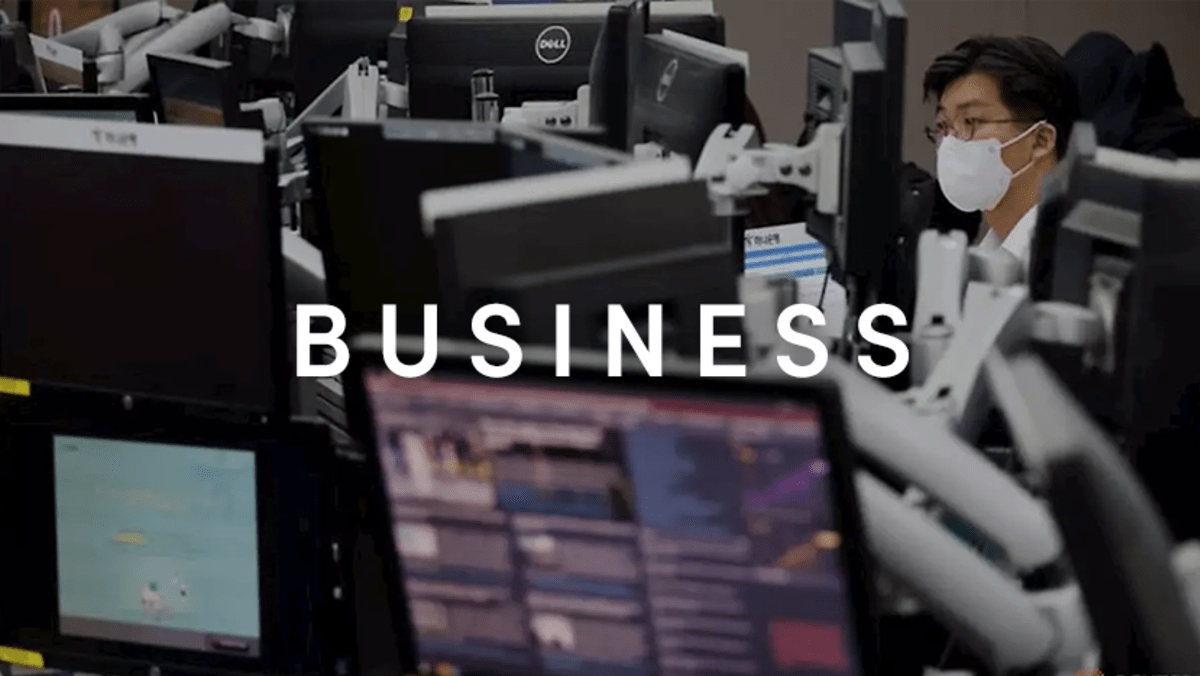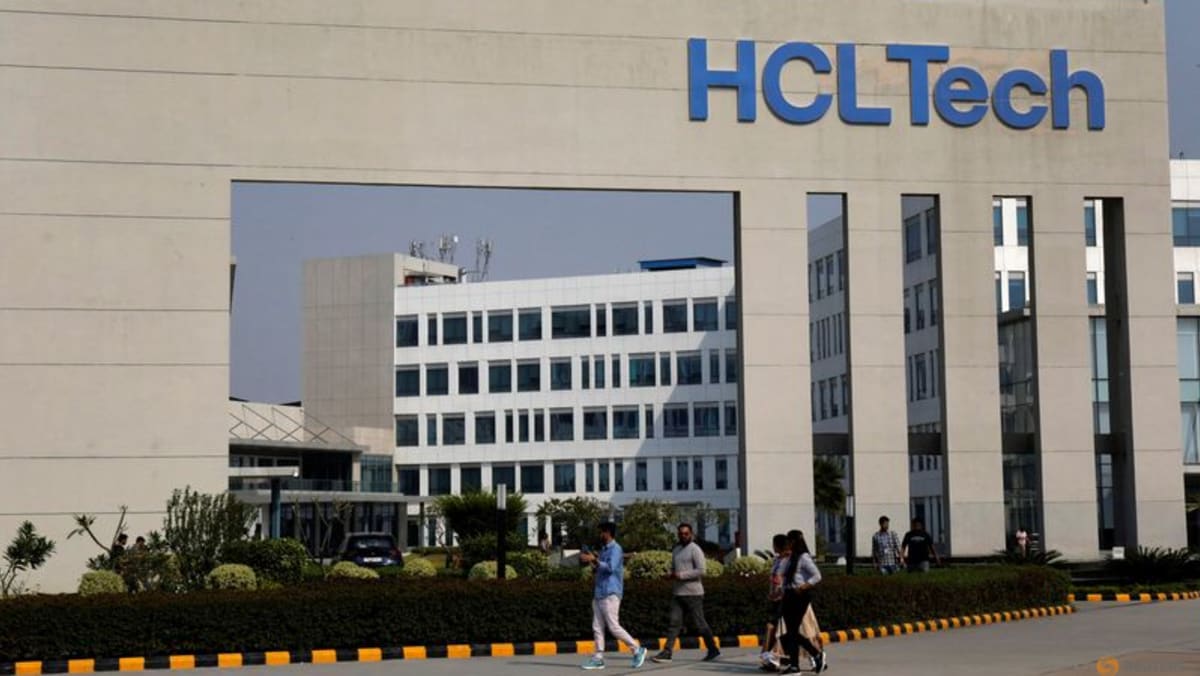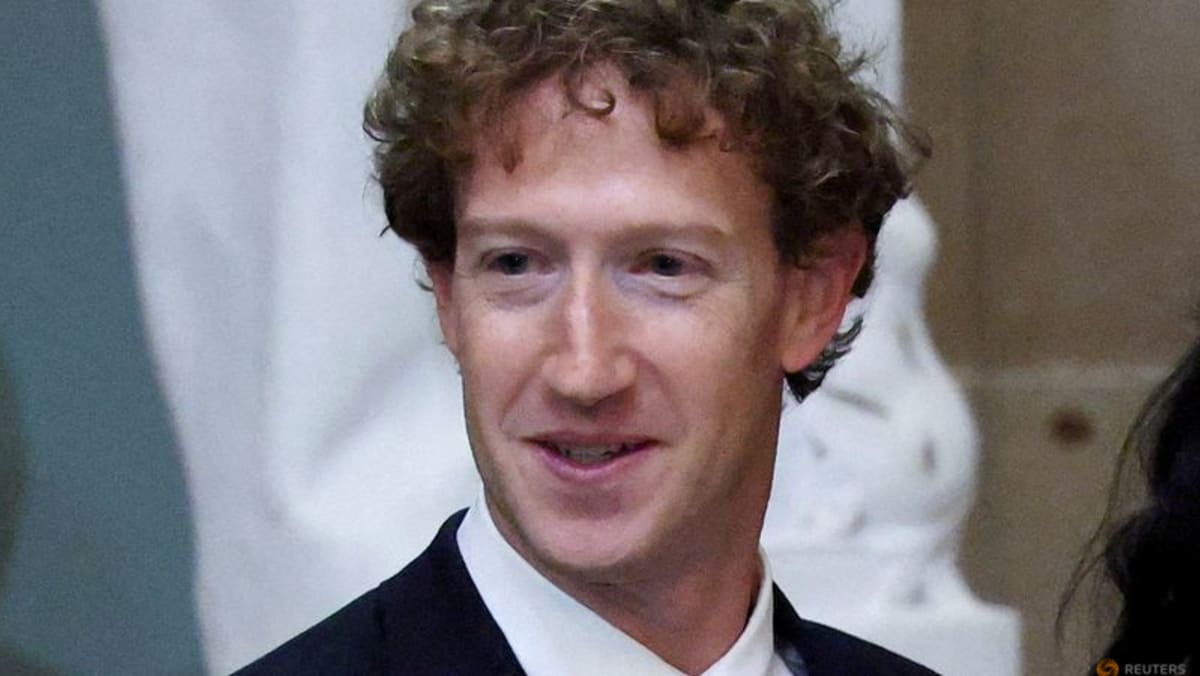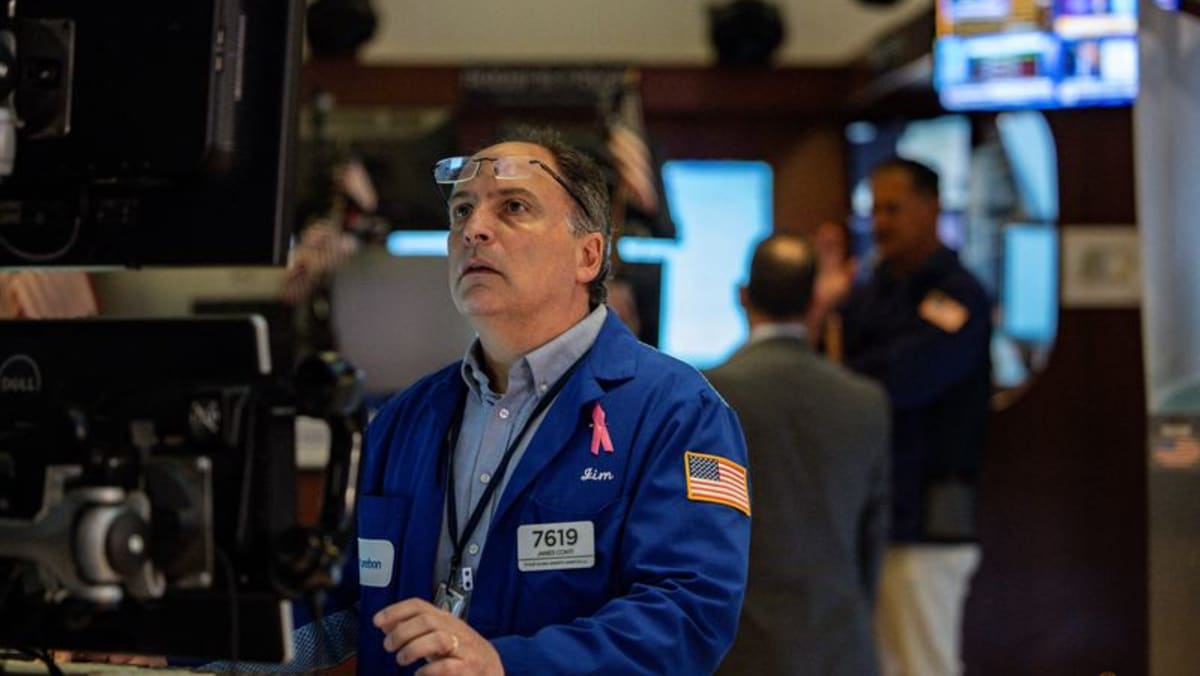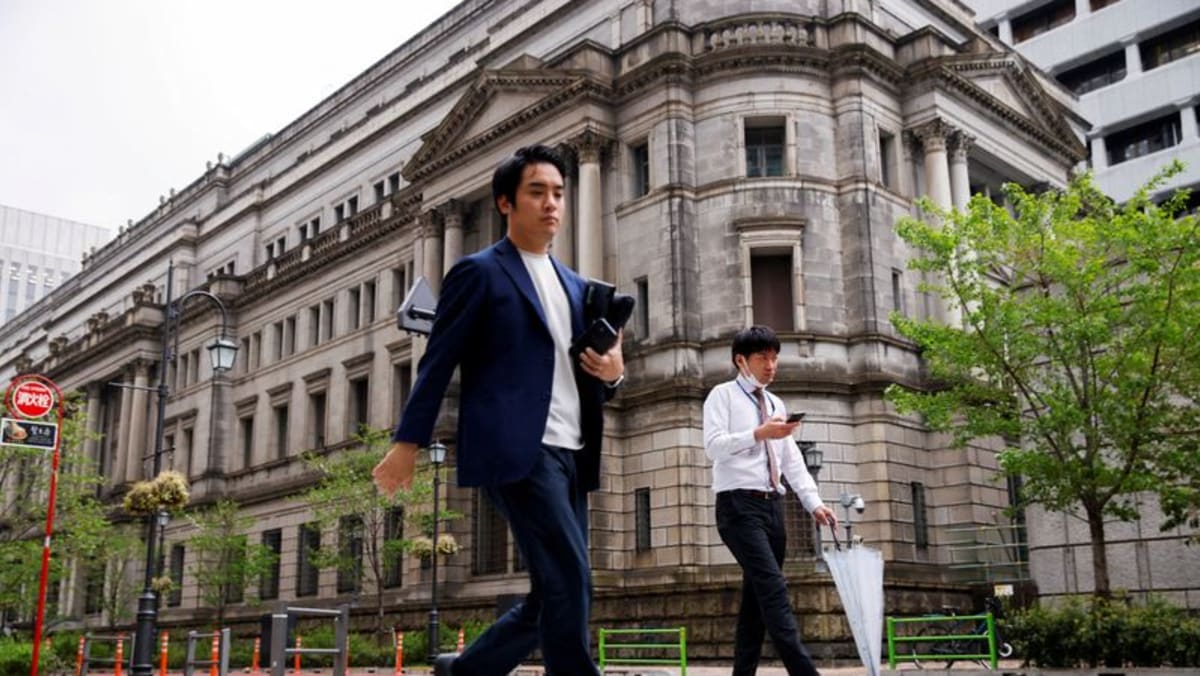Chinese music platform Tencent Music Entertainment Group said on Tuesday it would buy long-form audio platform Ximalaya for about $2.4 billion in cash and stock, expanding its library of content to attract more paying users.
U.S.-listed shares of Tencent rose 7 per cent in premarket trading.
The company will offer $1.26 billion in cash and Class A shares representing up to 5.20 per cent of its total outstanding stock. It will also issue shares to Ximalaya’s founder investors not exceeding 0.37 per cent of its total share count.
The stock component of the deal totals about $1.15 billion based on Tencent Music’s last closing price on April 24, a day before Bloomberg News reported about the deal.





